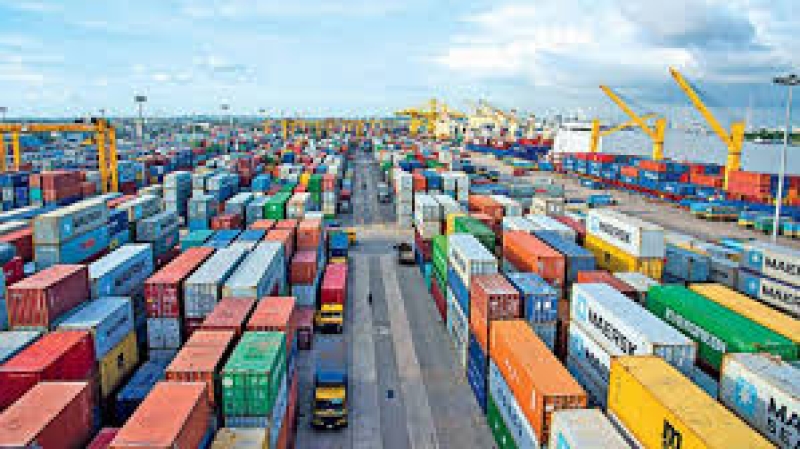- Gas Shortages Hit Households as Prices Soar in Dhaka |
- Tarique in Chattogram for second phase of election campaign |
- US seeks to befriend Jamaat-e-Islami, reports Washington Post |
- Tarique urges people to help restart democracy, elected reps solve problems |
- $1 for Nature, $30 for Its Destruction: UN Warns |
Indian Traders Struggle as Imports from Bangladesh Slow

Indian businesses in Kolkata are facing increasing challenges as trade between India and Bangladesh continues to decline, impacting the local economy and creating uncertainty for traders.
Kolkata has long been a vital hub for trade between the two nations, serving as a key gateway for the exchange of goods such as textiles, automobile parts, grains, food products, chemicals, and machinery. However, recent disruptions in cross-border trade have left businesses in Kolkata grappling with mounting concerns.
Shops and markets in areas like Marquis Street, home to many Bangladeshi nationals, have also been significantly impacted. Sectors in the city, particularly those reliant on exports to Bangladesh, are witnessing a dramatic decline in activity. Textile businesses, automobile parts traders, and food product exporters, for example, have reported a nearly 60% drop in orders in recent weeks.
"Bangladesh has always been a crucial market for us, with exports worth millions of dollars every year. But right now, trade has come to a halt. Exports have fallen to zero," said Manoj Jhawar, a textile exporter and member of the Textile Traders Association in Kolkata. The slowdown is especially apparent in the automobile parts sector, where Bangladesh has been a major importer. Similarly, shops in areas like New Market, which depend on Bangladeshi customers, are facing a dramatic downturn in business.
Mohammad Ansar, the owner of Al Malik, a wholesale men's ethnic wear shop on Mirza Ghalib Street, shared his frustrations: "We used to do business worth several lakhs every month, but now it's down to a few thousand rupees in recent weeks."
The Petrapole-Benapole border, a critical trade corridor between the two countries, has experienced a significant drop in activity, further stalling the flow of goods.
"The situation in Bangladesh has created a ripple effect, affecting almost all sectors in Kolkata. Almost everything is exported from Kolkata to Bangladesh, and now, all business activity tied to this trade has come to a standstill," said Sushil Poddar, president of the Confederation of West Bengal Trade Associations, an umbrella body for several business associations in the state.
In addition to the trade disruptions, Kolkata’s businessmen are facing growing concerns over unpaid debts. Numerous Bangladeshi businesses owe substantial amounts to Indian counterparts, and with payments now stalled, exporters are increasingly worried about the financial consequences. "We have always trusted our partners in Bangladesh because trade was consistently smooth. But now, with the turmoil, our payments are stuck, which has severely impacted our cash flow," said Amit Basu, a food products exporter.
The consequences of the ongoing situation are not confined to exporters alone. Logistics companies, agents, and transporters in Kolkata, all integral to the movement of goods across the border, are also feeling the strain. As the uncertainty continues, Kolkata's business community is left to navigate the fallout from a disrupted trade relationship with its neighbor.

